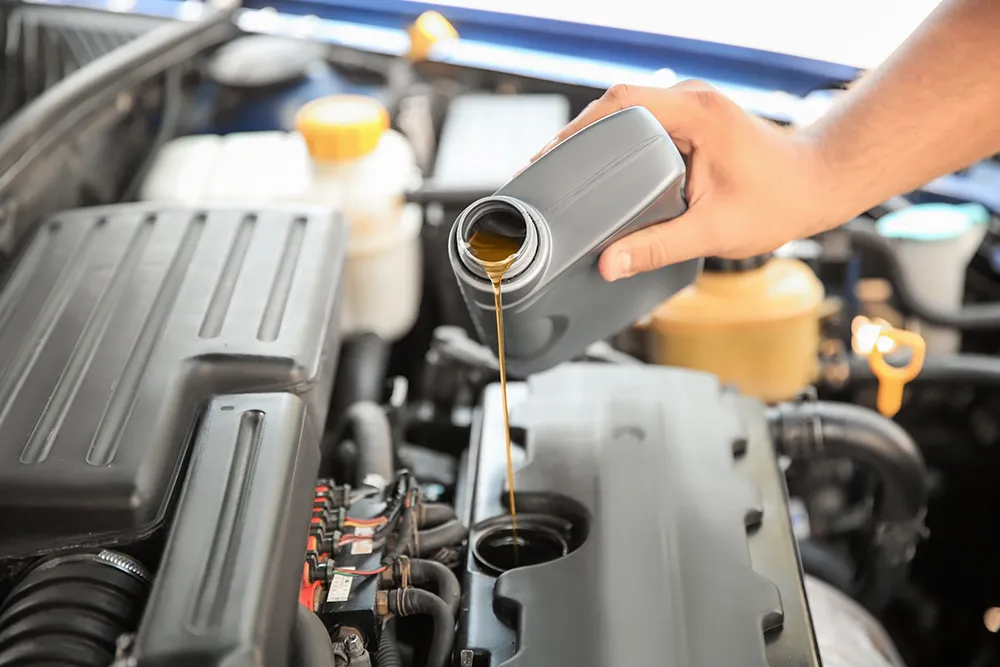Motor oil serves as a vital lubricant, protector, and cleaner within the intricate machinery of your vehicle’s engine. Its primary function is to reduce friction between moving parts, preventing wear and tear that can lead to costly repairs. Additionally, oil dissipates heat, maintains engine cleanliness by trapping contaminants, and prevents corrosion. Understanding the importance of motor oil is vital to appreciating the significance of regular oil changes.
The Degradation of Engine Oil Over Time
Despite its crucial role, motor oil doesn’t last forever. As your engine operates, the oil undergoes thermal breakdown, oxidation, and contamination with dirt, dust, and metal particles. These processes degrade the oil’s effectiveness, reducing its lubricating properties and compromising engine performance. Regular oil changes replace worn-out oil with fresh, clean lubricant, ensuring optimal engine function.
Protecting Engine Components From Wear And Tear
Proper lubrication prevents friction-related damage to engine components such as pistons, crankshafts, and camshafts. When oil becomes old and ineffective, these parts can rub against each other with increased friction, leading to premature wear and potential failure. Regular oil changes provide the necessary lubrication to keep these components moving smoothly, extending their lifespan and preserving engine health.
Maximizing Fuel Efficiency And Performance
In addition to protecting engine components, fresh oil improves fuel efficiency and overall performance. As oil degrades, it becomes thicker and less efficient at reducing friction within the engine. This increased friction results in decreased fuel economy and sluggish performance. Adhering to a regular oil change schedule can maintain optimal lubrication and ensure your engine operates at peak efficiency.
Ensuring Long-Term Reliability And Resale Value
A well-maintained engine performs better and retains its value over time. Regular oil changes are fundamental to vehicle maintenance and demonstrate your commitment to keeping your car in good condition. Whether you plan to keep your vehicle for years to come or eventually sell it, a documented history of regular oil changes can enhance its reliability and resale value.
Regular oil changes are not just routine maintenance; they are a critical investment in your vehicle’s engine’s long-term health and performance. By understanding the science behind oil changes and their impact on engine health, you can prioritize this essential maintenance procedure and enjoy the benefits of a smoother, more efficient, and longer-lasting ride. Schedule your next oil change today to keep your engine running strong for miles.


